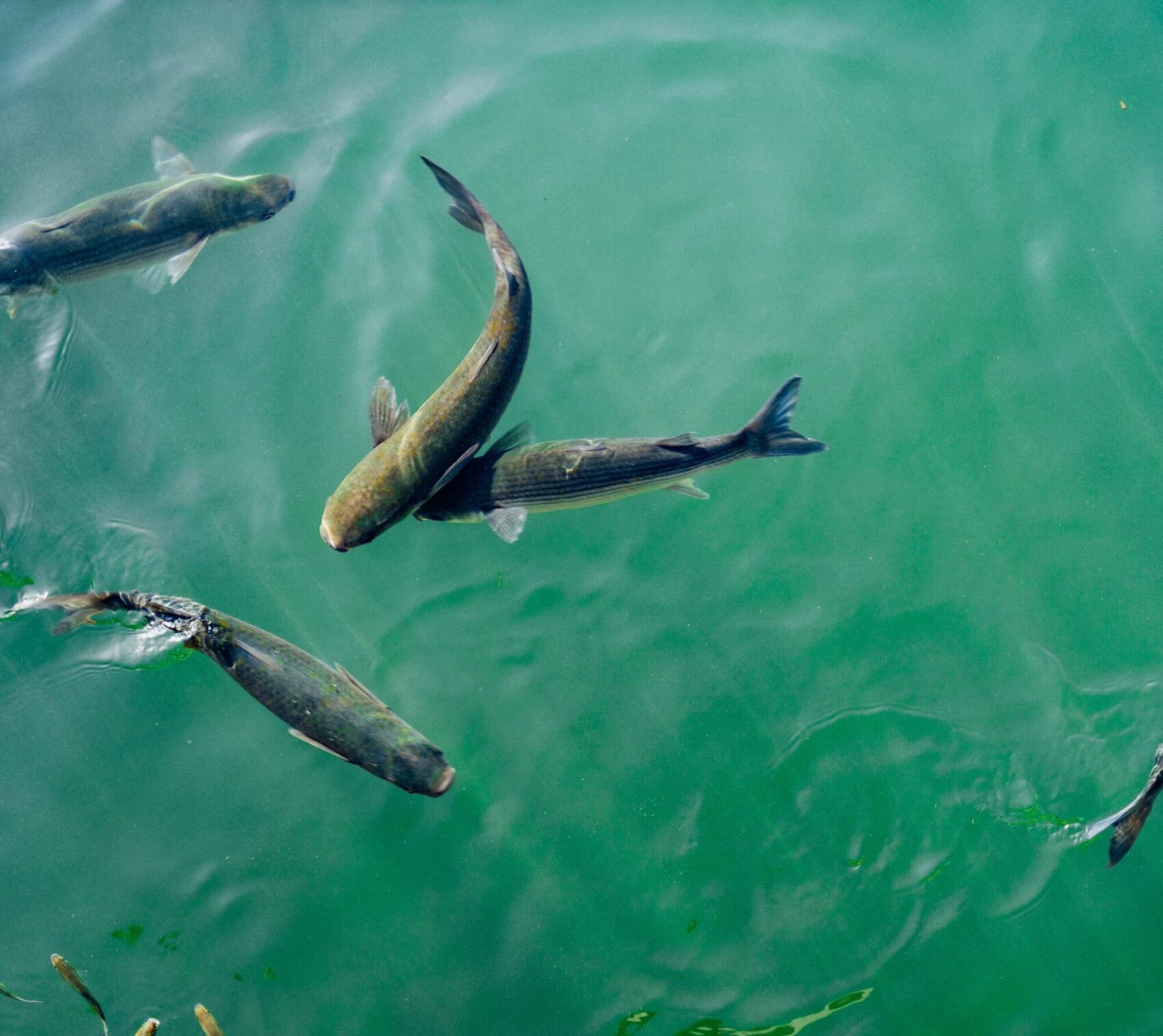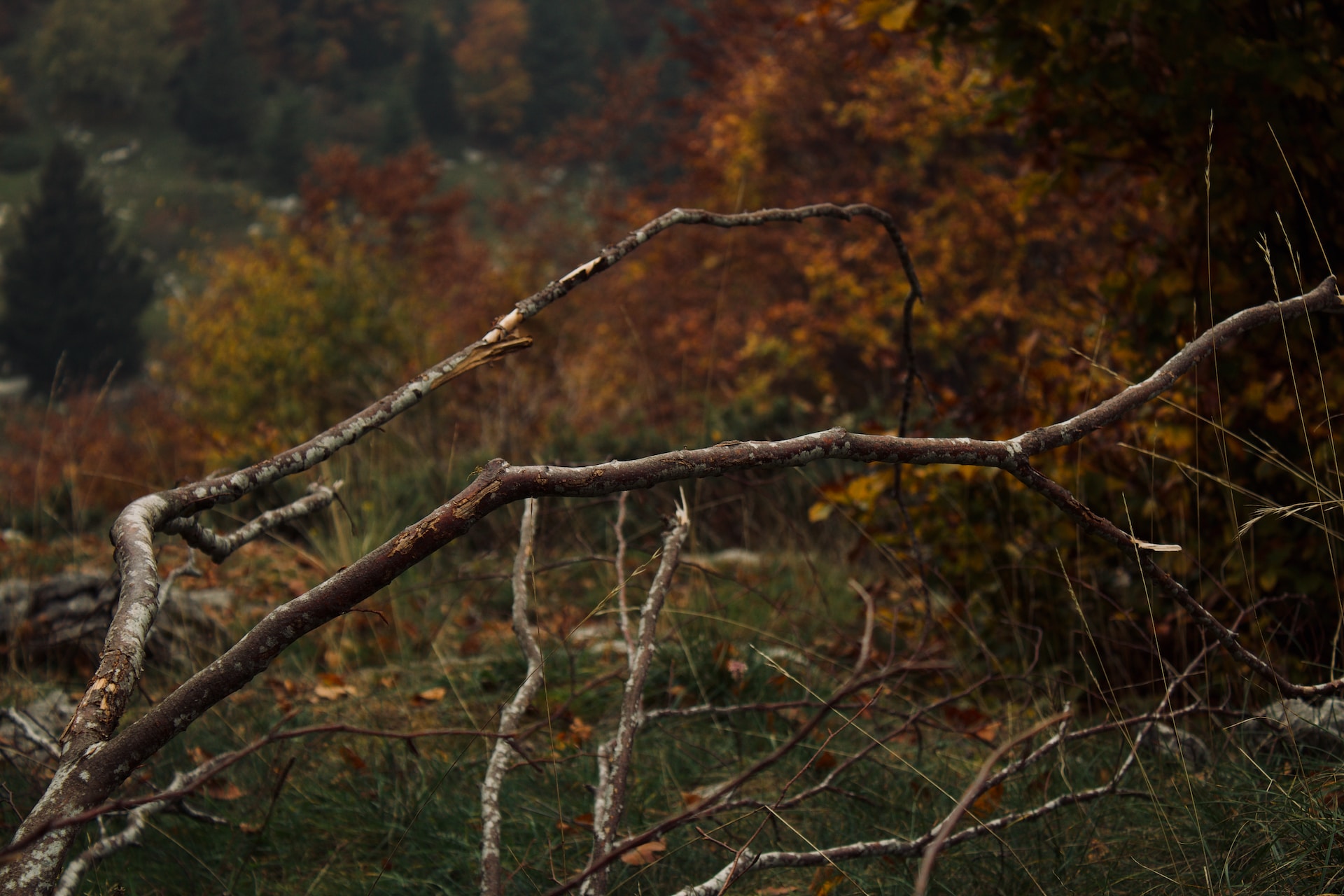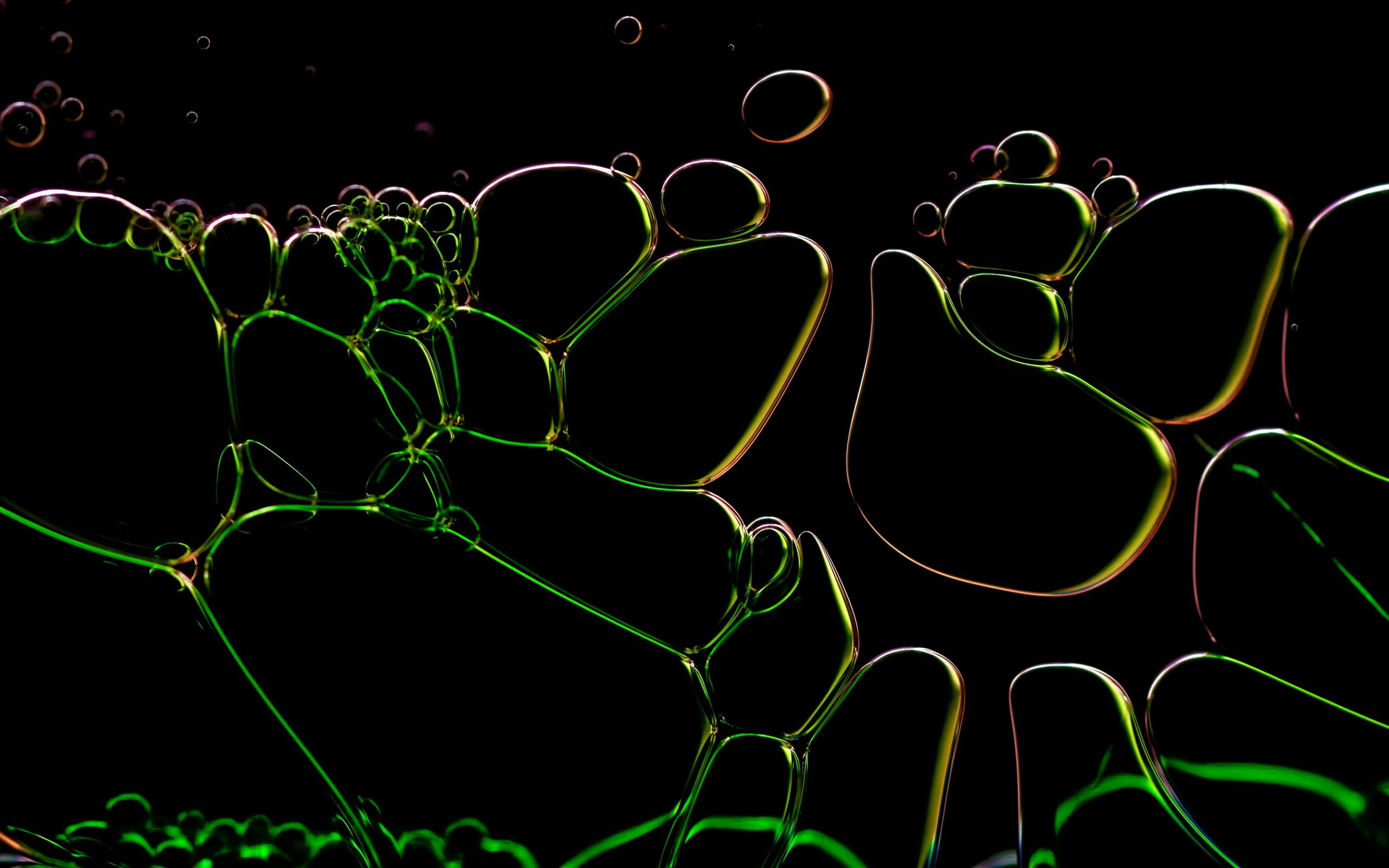Evaluation of industrial symbiosis between fish farming and a hydrogen plant in Alby

Fish farm makes use of residual heat and oxygen from hydrogen plant
In this study, the processes, sustainability, production costs, and handling of by-products have been examined and evaluated for a symbiosis concept where residual streams of oxygen and heat from a hydrogen plant are utilized in a land-based fish farm.
In the new industrial park in Alby, located in the Ånge municipality, the company Big Akwa is planning to biold a large-scale land-based fish farm wich will be operated in symbiosis with a new hydrogen plant that will be built by British Compaby RES and based on locally produced green electricity. Both facilities are planned to start operation in 2026. The goal for the fish farm is to reach full capacity, 6000 tons of fish per year, by 2029.
The project is based on a unique industrial symbiosis that utilizes residual heat and oxygen from the hydrogen production plant to reduce the electricity consumption in the fish farm. This approach can save the equivalent of 15 GWh of electricity yearly.
Industrial symbiosis opens up new opportunities both economically and in terms of process solutions. Connecting operations that can utilize each other’s residual flows provides entirely different conditions for managing costs and risks.
The symbiosis between the hydrogen plant and the fish farm in Ånge can ultimately be expanded to utilize more residual streams that can become raw materials for biogas, biochar, animal feed, soil improvers, and microbial proteins. This creates new symbiotic relationships and with them business opportunities.
In this feasibility study, Big Akwa has evaluated the concept of fish farming from several perspectives, primarily concerning processes, sustainability, production costs, and handling of by-products. The company has analyzed the market, verified their business model, and examined closely which policies and regulations may affect the establishment. The result is a decision basis for the planned investment in fish farming.
The project is a collaboration between Big Akwa, RES, Ånge municipality and a number of expert consultants.
Elena Petukhovskaya
BIG Akwa AB

elena@bigakwa.com
Project information
Participants
BIG Akwa AB
RES (Renewable Energy Systems Ltd)
Ånge municipality
Schedule
September 2022 - August 2023
Total project cost
1 301 950 SEK
Swedish Energy Agency's project number
2022-00599
More projects

Improved forecasts of logging residues for precision planning
Today’s geopolitical situation and roadmaps towards fossil freedom have increased the demand for domestic forest fuels in Sweden. There is an ecological…
Manager: Raul Fernandez Lacruz
Ongoing

Scale-up and implementation of anaerobic fermentation of forestry-based residual streams to 2,3-butanediol and glycerol
The chemical industry accounts for ±14 % of industrial greenhouse gas emissions and is the largest industrial consumer of fossil oil. This…
Manager: Gustav Sjöberg
Ongoing

The role of bioenergy to achieve energy and climate goals – an assessment of a changeable function in a dynamic energy system
The overall aim is to describe how the role and function of biomass to achieve energy and climate goals will change over…
Manager: Pål Börjesson
Ongoing


